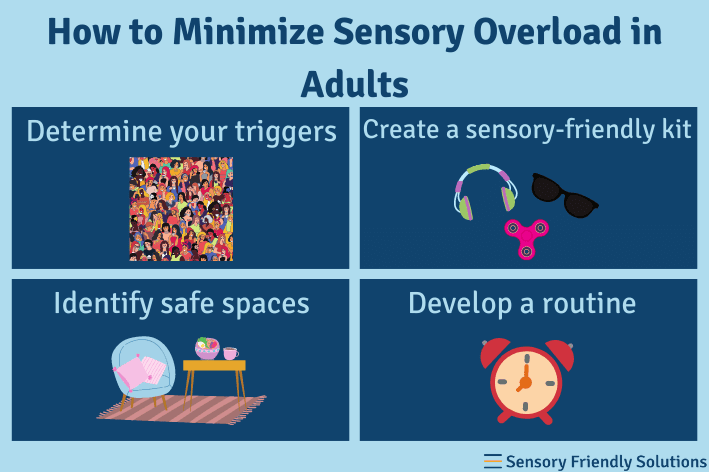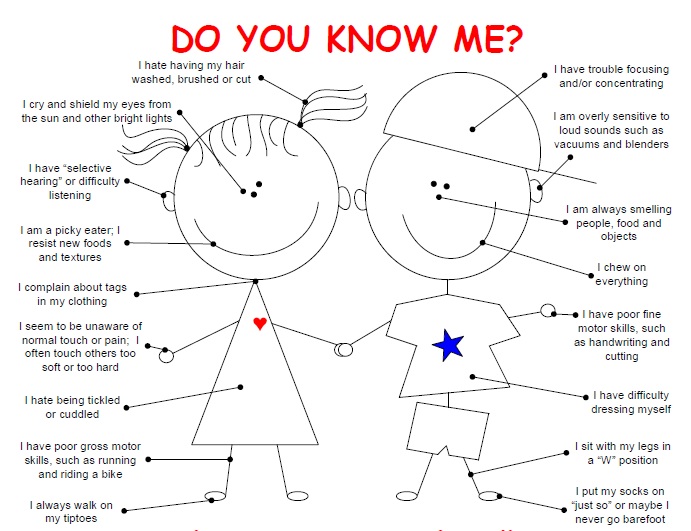

habitually wearing earplugs to reduce the impact of noise or wearing sunglasses to decrease the impact of light).


This could potentially lead to a situation in which the person is going to extreme lengths to avoid certain types of sensory stimuli (e.g. This can result in the development of unhelpful avoidance behaviours (arising from attempts to block out as much of the intrusive stimuli as possible). In the context of cognitive changes described above, the person may become preoccupied with trying to block out/ignore intrusive stimuli. dripping tap) in order to maximise the person’s attentional ability. In the context of changes in attentional ability, it is helpful to try and limit intrusive background stimuli (e.g. This may result in failure to complete the task which may be associated with frustration and potentially anger. This means that background stimuli can often monopolise the person’s attention, potentially leading to the person becoming distracted in the context of trying to complete a task. dripping tap, another person’s conversation, sunlight. This may result in the person experiencing overload in relation to one or more senses.ĭue to changes in attentional ability, screening out intrusive background stimuli may be more difficult eg. Hearing impairment due to fracture of the temporal bone and damage to the vestibulocochlear nerve.Ĭommon problems experienced after significant brain injury include cognitive impairments of processing and attention.Loss of sense of smell/taste due to neurological injury.It is more common for people to experience loss of sensory function rather than ‘hypersensitivity’ following a significant brain injury. a thought, preoccupations, pain, discomfort, feelings). a noise, bright light) or ‘internal’ (e.g. A stimulus may have its origin in ‘external’ events (e.g. This problem may be referred to as ‘hypersensitivity’, ‘over stimulation’ or ‘sensory overload’ and can lead to fear, anxiety and avoidance of that stimulus.įor example, keeping curtains drawn to avoid light and avoiding noisy situations such as supermarkets.Ī ‘stimulus’ is something that requires or causes a response. There are things that you and other people can do to help with your or your child's auditory processing disorder (APD).Sensory Overload, or Hypersensitivity, can be something that can be experienced after significant brain injury some people find that exposure to normal, everyday levels of things like bright lights, loud noises or touch is now uncomfortable, overwhelming or distressing.

Things you can do to help with auditory processing disorder (APD) To reduce background noise, schoolchildren with APD may be advised to wear a wireless earpiece that connects to a tiny microphone worn by their teacher. You can do it with a hearing specialist or in your own time online. Treatment usually involves activities to improve listening and concentration. There's no cure for auditory processing disorder (APD) but there are things that can help. Treating auditory processing disorder (APD) Testing for APD is not usually done on children under 7 years old.


 0 kommentar(er)
0 kommentar(er)
